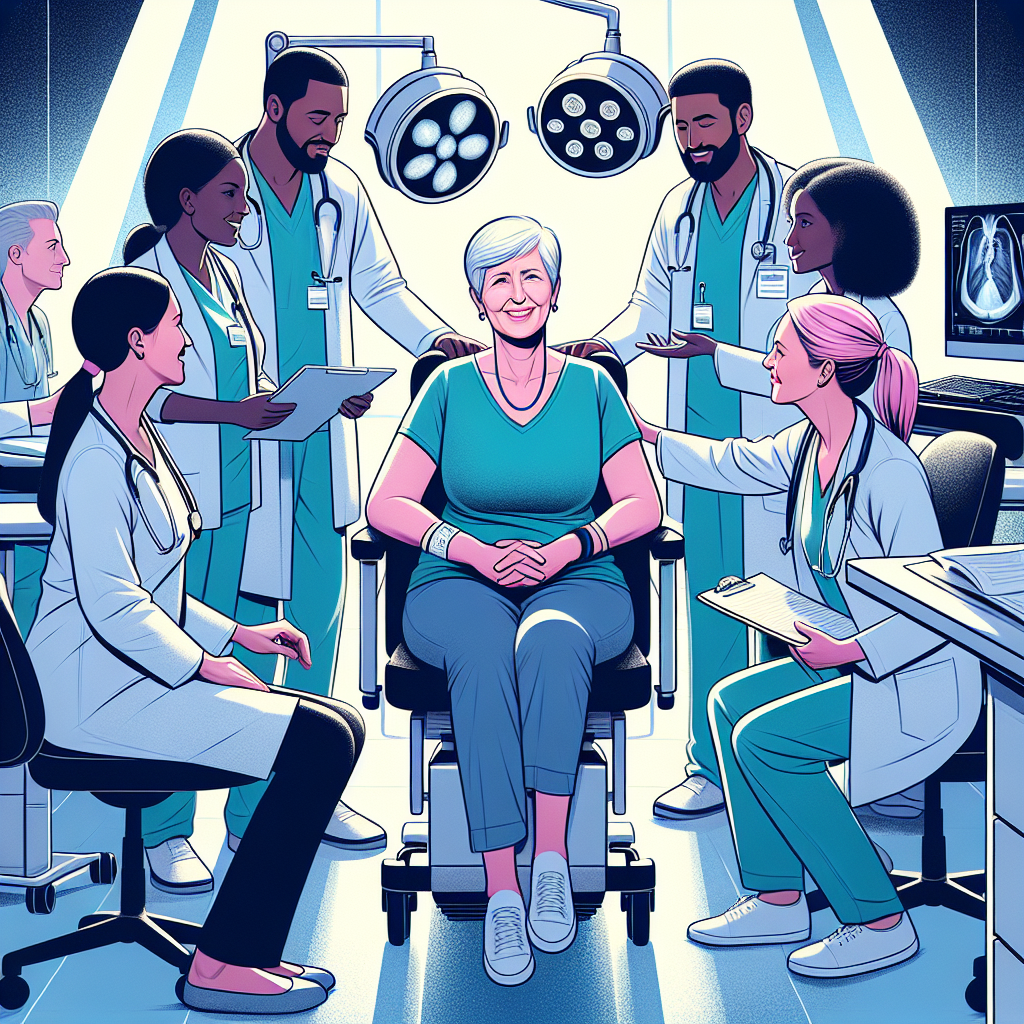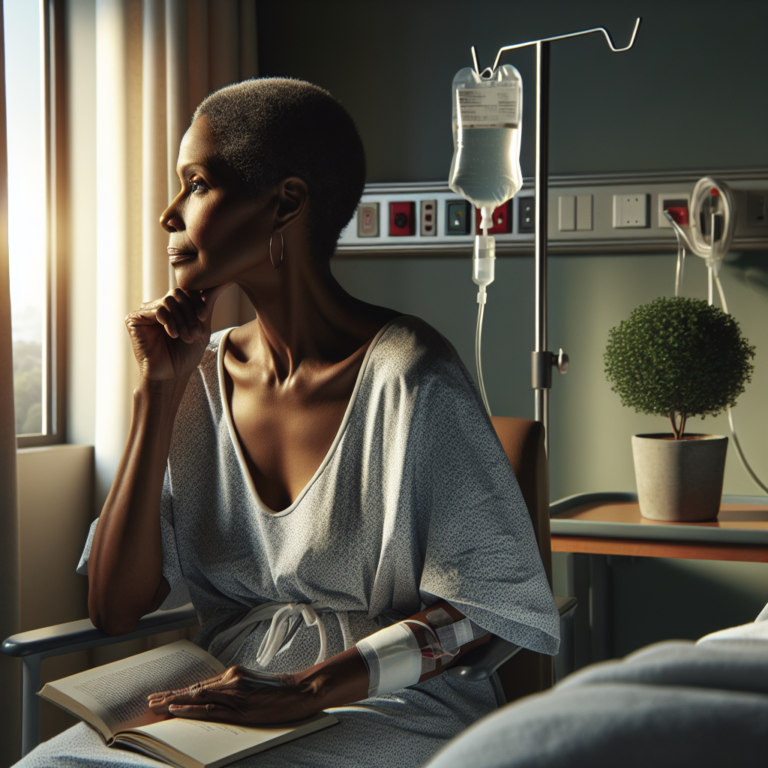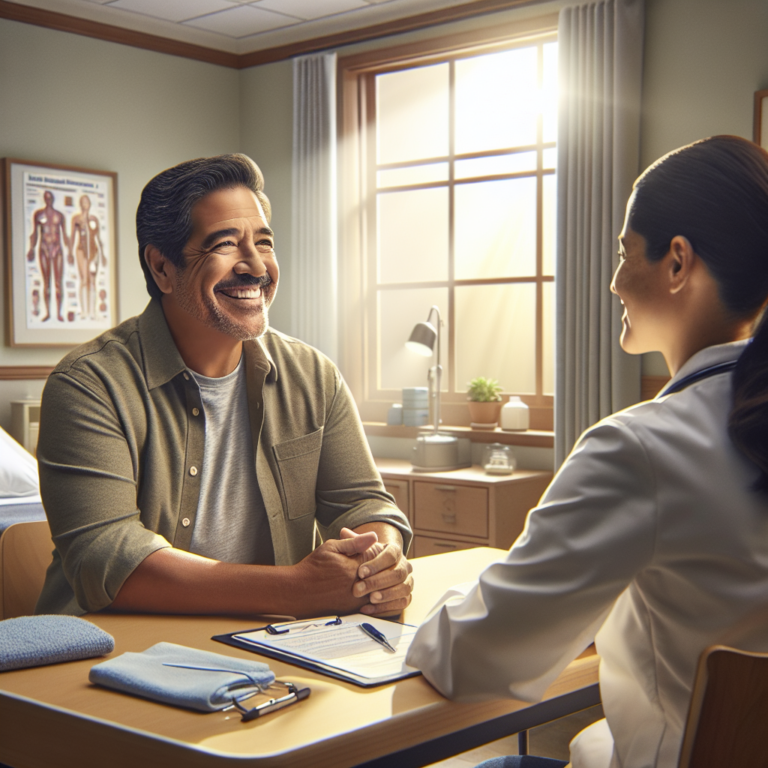Why Seeking a Second Opinion Can Transform Your Health Journey

A Personal Journey Through Pancreatic Cancer: Bonnie Dahl’s Story
In June 2021, Bonnie Dahl’s life took an unexpected turn when a simple lung scan revealed a serious health issue. Initially seeking help for a lingering cough, Bonnie discovered she had a precancerous cyst known as an intraductal papillary mucinous neoplasm (IPMN). Following further testing, she was diagnosed with stage I pancreatic adenocarcinoma. At 68 years old and symptom-free, this shocking news marked the beginning of a challenging journey.
Discovering the Diagnosis
Bonnie’s journey began when a friend encouraged her to get checked for asthma. A routine scan led to the discovery of a tiny cyst, which later evolved into a cancer diagnosis. Despite the shock, Bonnie felt fortunate that the cancer was caught at an early stage.
- Key Takeaways:
- Initial Symptoms: Persistent cough
- Diagnosis Date: June 17, 2021
- Age at Diagnosis: 68 years
The Importance of Seeking a Second Opinion
After her initial diagnosis, Bonnie was referred to a local surgeon in Boulder, Colorado. However, feeling uncertain, she opted to seek a second opinion at the University of Colorado Anschutz Medical Campus in Denver. This decision proved vital, as the facility is renowned for its specialized pancreatic cancer care, including a dedicated clinic for pancreatic cysts.
- Reasons for the Second Opinion:
- Renowned pancreatic cancer specialists
- Comprehensive care offered at a leading teaching hospital
Crafting a Comprehensive Treatment Strategy
At Anschutz, Bonnie quickly assembled her care team, including her oncologist, Dr. Alexis Leal. The team employed a multidisciplinary approach, utilizing a tumor board to devise an effective treatment plan. Following genetic testing, Bonnie was relieved to learn there were no hereditary mutations to pass to her children.
- Treatment Steps:
- Chemotherapy: Four rounds of FOLFIRINOX
- Surgery: Whipple procedure on September 8, 2021
- Post-Surgery Treatment: Eight additional rounds of chemotherapy
Although the chemotherapy caused hair loss and weight changes, Bonnie remained determined. She completed her first four rounds before undergoing surgery, and miraculously, she was discharged just six days post-surgery, despite the challenges posed by the ongoing COVID-19 pandemic.
Adhering to Rigorous Treatment Protocols
Despite being diagnosed with stage I cancer, Bonnie’s care team adhered to a treatment protocol typically reserved for stage III patients. This proactive approach involved completing eight additional chemotherapy sessions after her Whipple surgery, aimed at ensuring the complete eradication of any residual cancer cells.
- Final Treatment Date: January 27, 2022
Embracing Life After Cancer
Today, Bonnie is thriving and has returned to a fulfilling life filled with international travel and gratitude. She reflects on her experience with a sense of hope and positivity, crediting her strong support system for helping her through her journey.
- Key Lessons:
- Importance of mental and emotional well-being in cancer treatment
- Value of community support and open communication about health challenges
Bonnie’s initial cough, which led to her diagnosis, was ultimately attributed to post-nasal drip. She expresses deep gratitude for the series of events that brought her to the doctors who saved her life.
In summary, Bonnie Dahl’s story is one of resilience, the importance of second opinions, and the power of a positive mindset in overcoming the challenges of cancer. Her journey underscores the critical need for comprehensive care and support throughout the treatment process.






